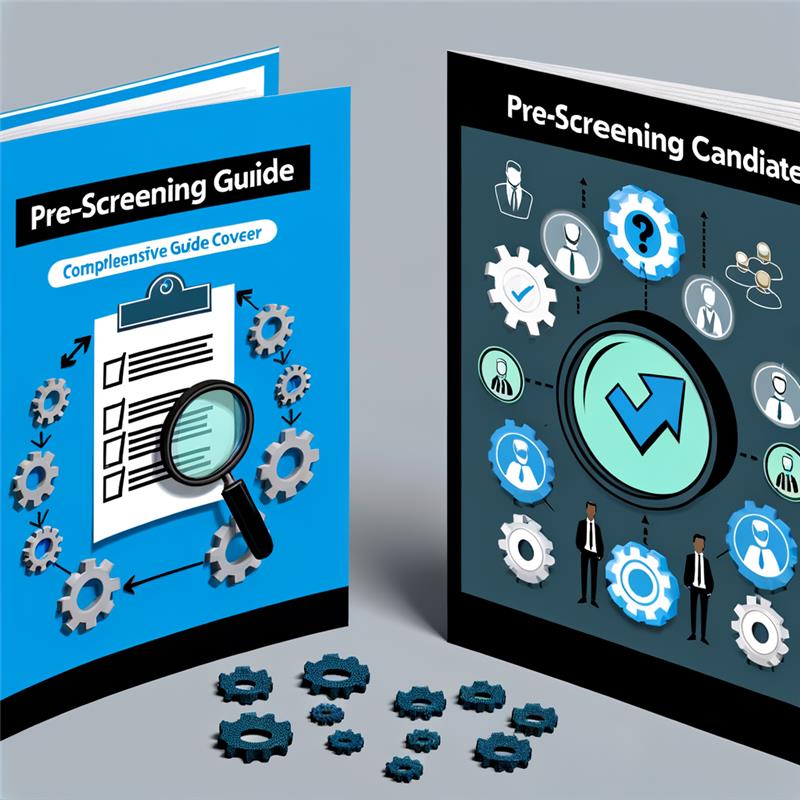Recruitment has undergone a transformation with the advent of technology. Resume scoring, powered by artificial intelligence, is revolutionizing candidate screening processes by automating evaluations and identifying the best-fit candidates efficiently. This guide delves into the intricacies of resume scoring, its benefits, and how it empowers recruiters to make data-driven hiring decisions.
What Is Resume Scoring?
Resume scoring uses advanced AI and machine learning algorithms to evaluate resumes based on predefined criteria like skills, qualifications, and experience. This ensures a fair and efficient assessment process, helping companies identify the best candidates in less time.
Why Is Resume Scoring Important?
- Eliminates Recruitment Bias: AI-driven scoring ensures candidates are assessed on merit alone, reducing unconscious biases.
- Speeds Up Hiring: Resume scoring automates the initial screening process, saving significant time for HR teams.
- Enhances Accuracy: Objective evaluation reduces errors and ensures only the most qualified candidates move forward.
- Scalable for High-Volume Applications: Perfect for organizations receiving thousands of applications, making it ideal for enterprise-level hiring.
Related: AI in Recruitment Processes
How Does Resume Scoring Work?
Step 1: Define the Scoring Criteria
Recruiters set parameters such as essential skills, relevant experience, and educational qualifications.
Step 2: AI-Powered Parsing
The tool extracts and categorizes key information from resumes.
Step 3: Assigning Scores
Each resume is scored based on its alignment with the criteria.
Step 4: Generating a Ranked List
Candidates are ranked, enabling recruiters to focus on the top-scoring resumes.
Features of an Effective Resume Scoring System
- Advanced Natural Language Processing (NLP)
Ensures accurate extraction of data and understanding of context in resumes.
- Customizable Scoring Models
Allows recruiters to tailor criteria for specific roles or industries.
- Real-Time Analytics
Provides actionable insights to improve job descriptions and hiring strategies.
- Integration with ATS Systems
Seamlessly combines with existing recruitment workflows for maximum efficiency.
Challenges in Resume Scoring and How to Overcome Them
- Misinterpreted Data: Poor formatting or complex language may result in incorrect parsing.
Solution: Encourage candidates to use clean, ATS-friendly templates. - Over Reliance on Keywords: Keyword stuffing can mislead the scoring tool.
Solution: Use advanced AI models that assess relevance beyond keywords.
3: Lack of Contextual Understanding: Certain roles require nuanced understanding.
Solution: Combine automated scoring with human oversight for critical roles.
Tips for Candidates to Optimize Resumes for Scoring Tools
- Align Skills with the Job Description: Incorporate relevant keywords, but ensure natural usage.
- Quantify Achievements: Highlight accomplishments with measurable outcomes, e.g., “Increased sales by 20%.”
- Use Standardized Formatting: Avoid graphics and unconventional layouts that AI may fail to interpret.
How Resume Scoring Enhances the Recruitment Process
From time efficiency to improved candidate experience, resume scoring transforms traditional recruitment challenges into seamless, tech-driven solutions. Companies embracing this innovation are staying ahead in the war for talent.






